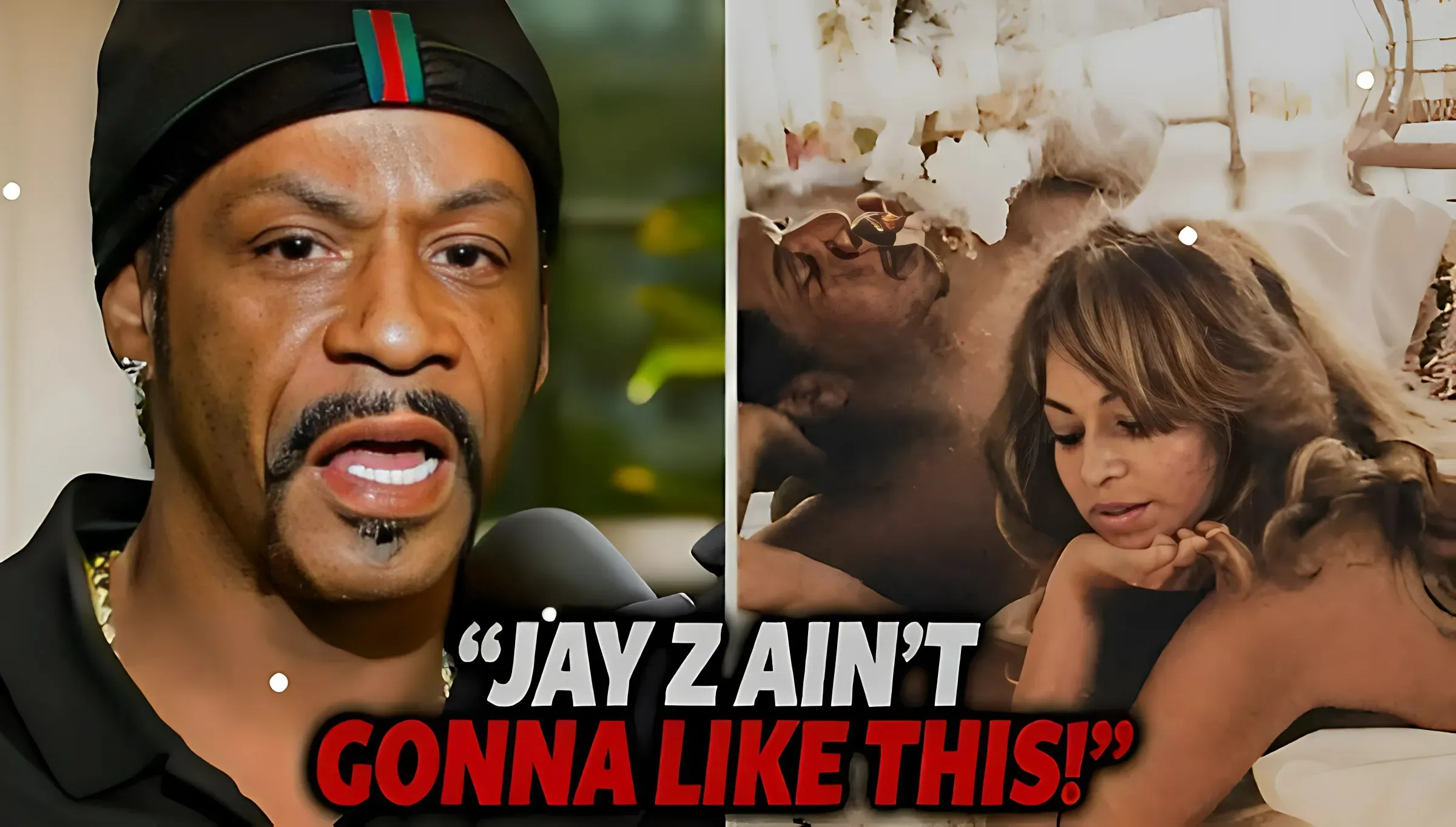UFC Hall of Famer Ronda Rousey has been at the center of much discussion in recent months, particularly as she promotes her autobiography.
/cdn.vox-cdn.com/uploads/chorus_image/image/73373533/630707288.0.jpg)
Her openness about her struggles and the reasons behind her retirement from the sport have sparked debate and divided opinions within the MMA community.
Rousey's revelations about the impact of concussions on her decision to retire have shed light on the physical toll that professional fighting can take on athletes.
She has spoken candidly about the concussion she suffered prior to her fight against Holly Holm, highlighting the pivotal role it played in her first loss.
Additionally, Rousey has expressed feeling vilified by the MMA media and believes that her accomplishments have been overshadowed by negativity to the extent that she fears being booed at UFC events.
However, retired UFC legend Matt Brown has offered a different perspective on Rousey's public statements. He questions why Rousey is expressing discontent, particularly given her high level of celebrity.

Brown suggests that facing criticism and adversity is an inherent part of being famous and that Rousey should have anticipated it.
Brown also points out that Rousey's approach to discussing her losses has contributed to the backlash from fans.
While she has detailed the challenges she faced during her fights with Holm and Amanda Nunes, she has not adequately acknowledged the strengths of her opponents. Brown emphasizes the importance of accepting defeat without making excuses, as it fosters greater respect from fans and peers.
The issue of injuries and concussions in professional fighting is also addressed by Brown.
He highlights that while Rousey has spoken about her own struggles, she has not considered that her opponents may have faced similar challenges.
Brown suggests that Rousey's failure to demonstrate humility and accountability has led to a lack of empathy from fans.
In discussing Rousey's experiences, Brown challenges the notion that she faced uniquely difficult circumstances due to her status as a high-profile UFC fighter. He emphasizes that the emotional and psychological challenges of fighting are universal, regardless of one's level of fame or success in the sport.
Despite the criticism, Brown acknowledges that Rousey has the potential to regain the support of UFC fans.

He believes that by demonstrating humility and taking responsibility for her losses, she could rebuild her connection with the MMA community. However, he expresses skepticism about whether Rousey will take the necessary steps to achieve this.
In conclusion, Rousey's public statements have sparked debate within the MMA community, with opinions divided on her approach to discussing her career and losses.
While some believe that she deserves empathy and understanding, others argue that she needs to demonstrate greater humility and accountability in order to regain the support of UFC fans.
The path forward for Ronda Rousey in reconciling with the MMA community remains uncertain, but it is clear that her openness about her struggles has ignited important conversations about the physical and emotional challenges faced by professional fighters.



